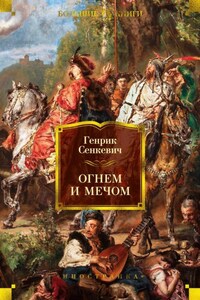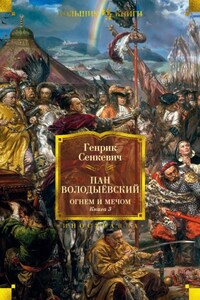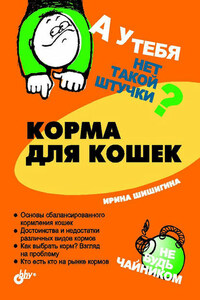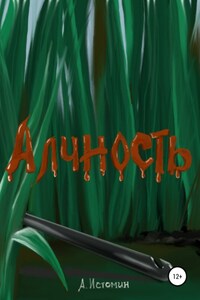CHAPTER I.
SALLY CREIGHTON
The frost outside was bitter, and the prairie, which rolled back from Lander's in long undulations to the far horizon, gleamed white beneath the moon, but there was warmth and brightness in Stukely's wooden barn. It stood at one end of the little, desolate settlement, where the trail that came up from the railroad thirty miles away forked off into two wavy ribands that melted into a waste of snow. Lander's consisted then of five or six frame houses and stores, a hotel of the same material, several sod stables, and a few birch-log barns; and its inhabitants considered it one of the most promising places in Western Canada. That, however, is the land of promise, a promise that is in due time usually fulfilled, and the men of Lander's were, for the most part, shrewdly practical optimists. They made the most of a somewhat grim and frugal present, and staked all they had to give – the few dollars they had brought in with them, and their powers of enduring toil – upon the roseate future.
Stukely had given them, and their scattered neighbours, who had driven there across several leagues of prairie, a supper in his barn, and a big rusty stove, which had been brought in for the occasion, stood in the midst of it. Its pipe glowed in places a dull red, and Stukely now and then wondered uneasily whether it was charring a larger hole through the shingles of the roof. On one side of the stove the floor had been cleared; on the other benches, empty barrels, and tables were huddled together, and such of the guests as were not at the moment dancing sat upon them indiscriminately. A keg of hard Ontario cider had been provided for their refreshment, and it was open to anybody to ladle up what he wanted with a tin dipper, while a haze of tobacco smoke drifted in thin blue wisps beneath the big nickelled lamps. In addition to the reek of it, the place was filled with the smell of hot iron which an over-driven stove gives out, and the subtle odours of old skin coats.
The guests, however, were accustomed to an atmosphere of that kind, and it did not trouble them. For the most part, they were lean and spare, bronzed by frost and snow-blink, and straight of limb, for, though scarcely half of them were Canadian born, the prairie, as a rule, swiftly sets its stamp upon the newcomer. There was also something in the way they held themselves and put their feet down that suggested health and vigour, and, in the case of most of them, a certain alertness and decision of character. Some hailed from English cities, a few from those of Canada, and some from the bush of Ontario; but there was a similarity between them which the cut and tightness of their store clothing did not altogether account for. They lived well if plainly, and toiled out in the open unusually hard. Their eyes were steady, their bronzed skin was clear, and their laughter had a wholesome ring.
A fiery-haired Scot, a Highlander of the Isles, sat upon a barrel-head sawing at a fiddle, and the shrill scream of it filled the barn. Tone he did not aspire to, but he played with Caledonian verve and swing, and kept the snapping time. It was mad, harsh music of the kind that sets the blood tingling and the feet to move in rhythm, though the exhilarating effect of it was rather spoiled by the efforts of the little French Canadian who had another fiddle and threw in clanging chords upon the lower strings.
They were dancing in the cleared space what was presumably a quadrille, though it bore almost as great a resemblance to a Scottish country dance, or indeed to one of the measures of Bretonne France, which was, however, characteristic of the country. The Englishman has set no distinguishable impress upon the prairie. It has absorbed him with his reserve and sturdy industry, and the Canadian from the cities is apparently lost in it, too, for theirs is the leaven that works through the mass slowly and unobtrusively, and it is the Scot and the habitant of French extraction who have given the life of it colour and individuality. Extremes meet and fuse on the wide white levels of the West.
It was, however, an Englishman who was the life of that dance, and he was physically a bigger man than most of the rest, for as a rule, at least, the Colonial born run to wiry hardness rather than solidity of frame. Gregory Hawtrey was tall and thick of shoulder, though the rest of him was in fine modelling, and he had a pleasant face of the English blue-eyed type. Just then it was suffused with almost boyish merriment, and indeed an irresponsible gaiety was a salient characteristic of the man. One would have called him handsome, though his mouth was a trifle slack, and there was a certain assurance in his manner that just fell short of swagger. He was the kind of man one likes at first sight, but for all that not the kind his hard-bitten neighbours would have chosen to stand by them through the strain of drought and frost in adverse seasons.
As it happened, the grim, hard-faced Sager, who had come there from Michigan, was just then talking to Stukely about him.














